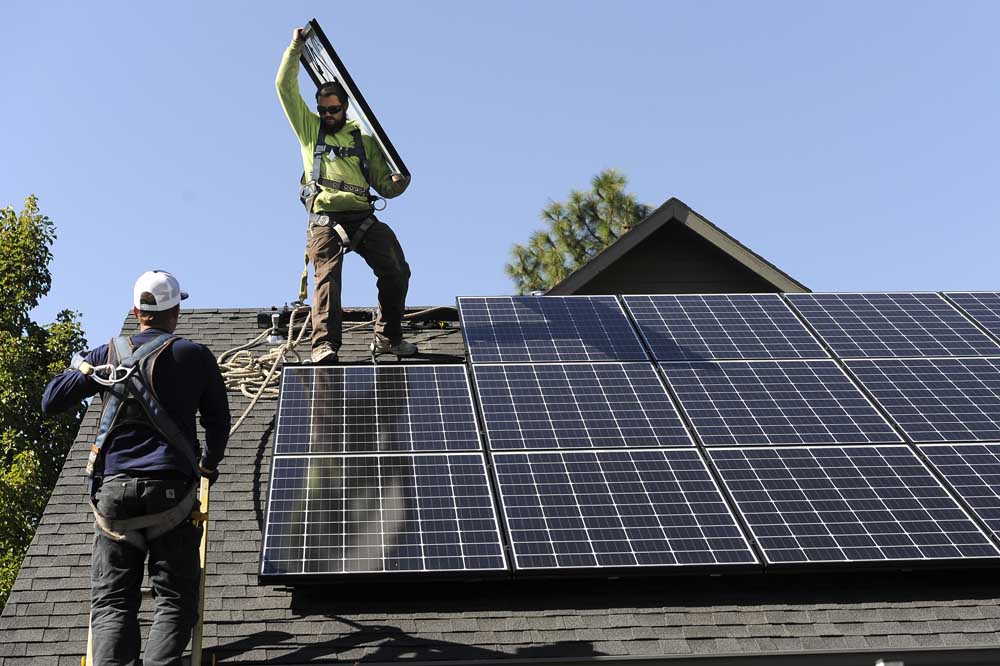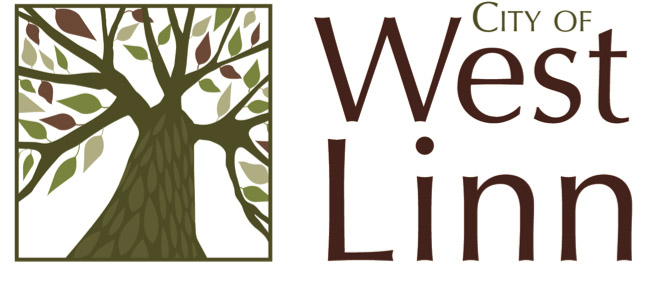Opinion: Trump’s plan to incarcerate the homeless is not the Oregon Way
Published 6:28 am Tuesday, December 17, 2024

- Jimmy Jones is the executive director of the Mid-Willamette Valley Community Action Agency in Salem. The agency provides anti-poverty and harm-reduction programs in Marion and Polk counties, and some program areas serve as many as 11 Oregon counties. Jones also serves as the chair of the Legislative Committee of the Community Action Partnership of Oregon. He is also a member of the Housing, Homelessness and Human Services Committee of the Governor’s Racial Justice Council.
The coming year heralds many changes in homeless services across America.
Trending
Donald Trump returns to office again as president on Jan. 20, having pledged a series of significant social and legal reforms, including solving the nation’s homeless crisis by doubling down on previously failed strategies that stand as little chance of working in 2025 as they did in 1985.
His plan proposes creating large encampments on “cheap” land, where the unsheltered would be required to live and receive services from social workers, treatment specialists and behavioral health professionals. Those who refuse to comply would be incarcerated or committed to mental health institutions.
If this proposal sounds familiar, it should. For two years, a version of this “lock ‘em all up” plan has been floated in deep blue Portland and up and down the presumptively progressive West Coast. None of these plans has been successful to date because of the enormous potential costs of such systems operated at scale.
Trending
Like many anti-homeless fever dreams, an incarceration strategy might work with a handful of people, but to date it has simply not been scalable. The incarceration model claims high success rates at keeping people off the streets, but historically it has affected less than 5% of the homeless population. We know how to solve our homeless crisis, through housing and shelter, aligned with evidence-based practices that include harm reduction strategies, housing first philosophies, affordable housing construction, and a commitment to the dignity, safety, and constitutional rights of those in poverty. These systems must look to economic and racial justice first, not blame the homeless for their poverty of their condition, nor their temerity to survive. We suffered through 30 years of bad housing policy, which manufactured the crisis we have today.
In the last full statewide homeless count in 2023, there were 20,110 homeless persons in Oregon.
It will take consistency and commitment to what works to end this tragedy. Reviving the old state hospital system in 2024 is not an answer. Nor is criminalizing poverty. We cannot ignore the civil liberties of our unsheltered neighbors out of convenience, nor give in to the simple sense of shame produced by our witness to the depth of their suffering and poverty.
Modern homelessness is not the result of bad personal choices. It is more typically bad luck and usually economic in origin, a job loss, a divorce, an injury, or the death of a partner. Once outside, solving the homeless condition becomes more like a medical problem to cure, not a criminal justice problem. The path to our reckoning in 2025 began with the state’s questionable decision to recriminalize drug possession last session, via House Bill 4002. Recriminalization created deflection courts around the state to permit those charged with drug possession to enter deflection programs or face prosecution.
On its surface, that looks like smart policy. But many local governments across Oregon see this as a way to solve their homeless crisis, not simply address their drug problems. Deflection programs run the risk of becoming a contrivance to force the homeless into drug treatment programs.
And then this summer, the U.S. Supreme Court cleared the way for local governments to criminalize the homeless condition, sweeping away Eighth Amendment rights that have been protected in Oregon.
The ink was hardly dry on the court’s decision when many, on both sides of the aisle, called for the repeal of Oregon’s homeless protections, which were both reasonable and crafted with the support and input of local governments. Those protections in state law have not only safeguarded the rights of the poor, but also they’ve allowed local governments to trespass dangerous encampments with reasonable restrictions around time, place, and manner.
So now the proposed solution at the federal level, which will find support here in Oregon, is to push our homeless into large government-run camps.
This is not the Oregon Way.
We face a turning point in 2025. There are profound civil liberties questions in the policy choices that lie ahead. There are equally profound public dangers that we will make the homeless crisis far worse than it is today, by looking back to an era when these carceral mindsets, based on shame and punishment, failed to stop our growing housing crisis. We cannot arrest our way into ending homelessness. That model failed before. It will fail again.
Jimmy Jones is the executive director of the Mid-Willamette Valley Community Action Agency in Salem. The agency provides anti-poverty and harm-reduction programs in Marion and Polk counties, and some program areas serve as many as 11 Oregon counties. Jones also serves as the chair of the Legislative Committee of the Community Action Partnership of Oregon. He is also a member of the Housing, Homelessness and Human Services Committee of the Governor’s Racial Justice Council.







